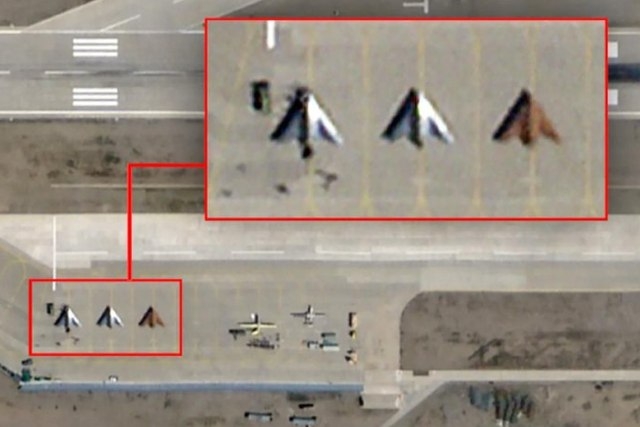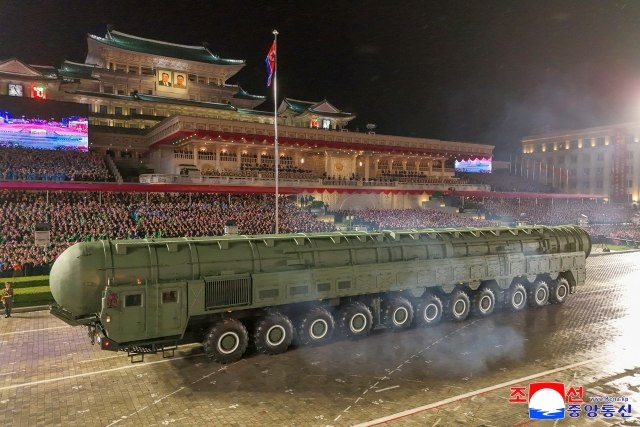US Studying India's Satellite-killer Test, Warns Against Debris Left Behind

The United States is studying India’s Anti-Satellite (ASAT) missile test conducted Wednesday morning, to check the resulting debris the test left behind in space.
"America is studying the outcome of the missile India launched at one of our satellites. You cannot make the space unstable. We cannot create the debris problem that ASAT tests create. So, thoughtfulness goes a long way," Patrick Shanahan, Acting US Defense Secretary told Reuters.
Anti-satellite weapons are created to incapacitate or destroy satellites for strategic military purposes. India became the fourth country to achieve the feat after US, Russia and China after its home-made ASAT missile destroyed a satellite at an altitude of 300km. The test was conducted under the name of "Mission Shakti."
"The new technology will not be directed against any country. Mission Shakti does not violate any international law," Narendra Modi, Prime Minister of India said Wednesday.
"My message would be: We all live in space, let's not make it a mess. Space should be a place where we can conduct business. Space is a place where people should have the freedom to operate," Shanahan said.
Experts say that anti-satellite weapons that shatter their targets pose a space hazard by creating a cloud of fragments that can collide with other objects, potentially setting off a chain reaction of projectiles through Earth orbit.
According to India, the ASAT missile impact occurred in Low Earth Orbit at an altitude of 300km and hence, the remnants would "decay and fall back on to the earth within weeks."
“As a responsible nation we wanted to be sure all space assets were safe and all the debris decayed fast,” G Satheesh Reddy, DRDO Chairman was quoted by The Wire as saying.
"The US military's Strategic Command is tracking more than 250 pieces of debris from India's missile test and would issue close-approach notifications as required until the debris enters the Earth's atmosphere," Pentagon spokesman Lieutenant Colonel Dave Eastburn said, adding that India publicly issued an aircraft safety advisory before the launch.
Shanahan noted that given the increasing global reliance on space, it was important to create rules of the road for space.
"I think not having rules of engagement is worrisome. So, how people test and develop technologies is important. I would expect anyone who tests does not put at risk anyone else's assets," he said.









